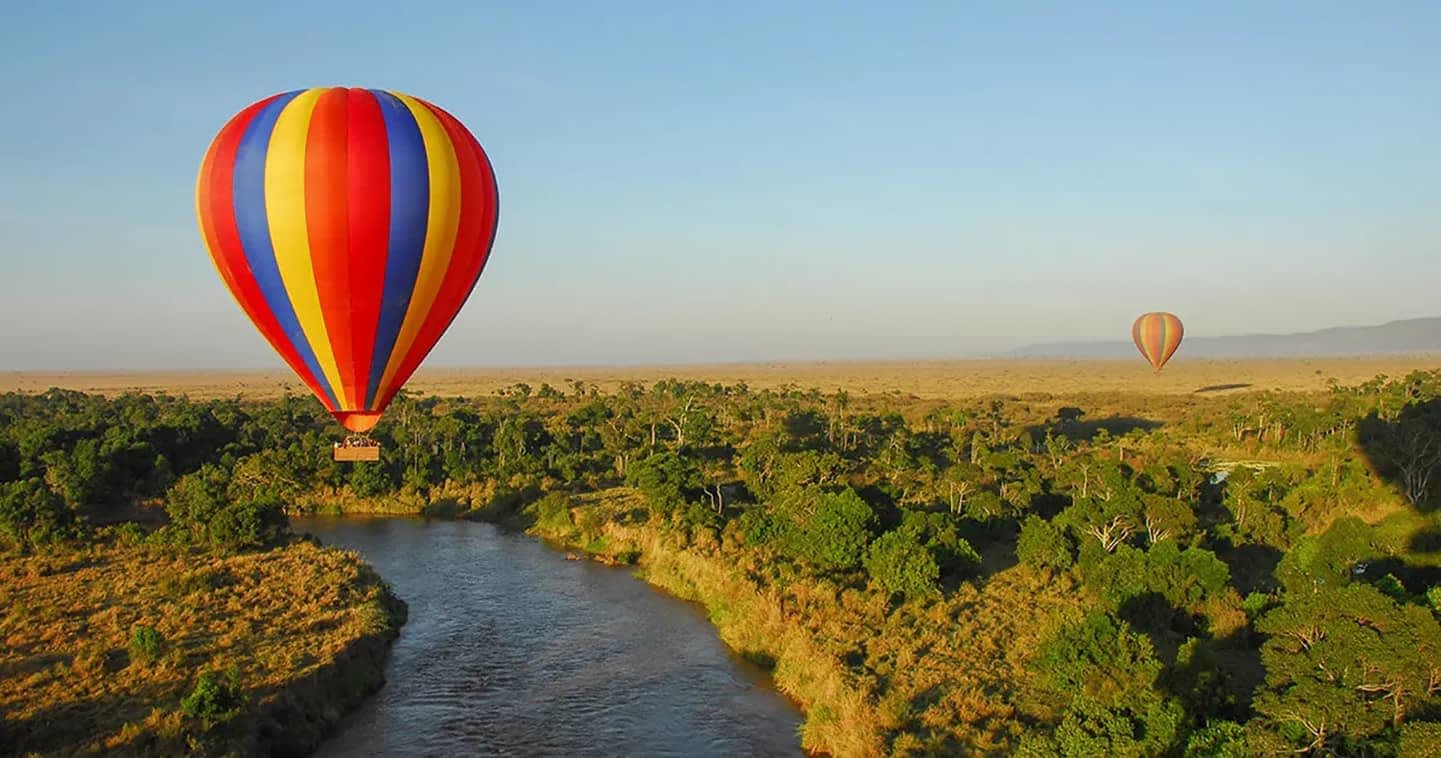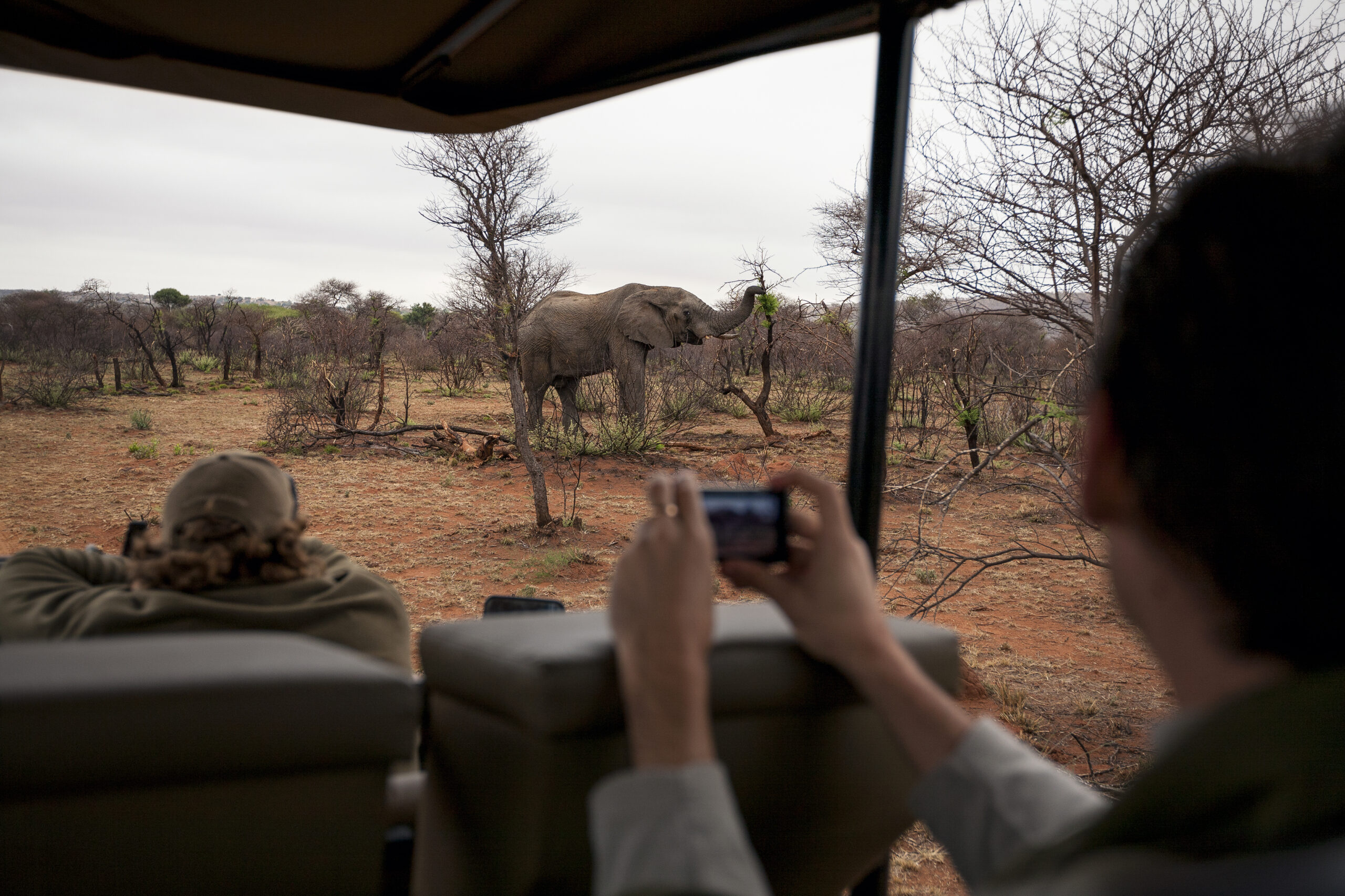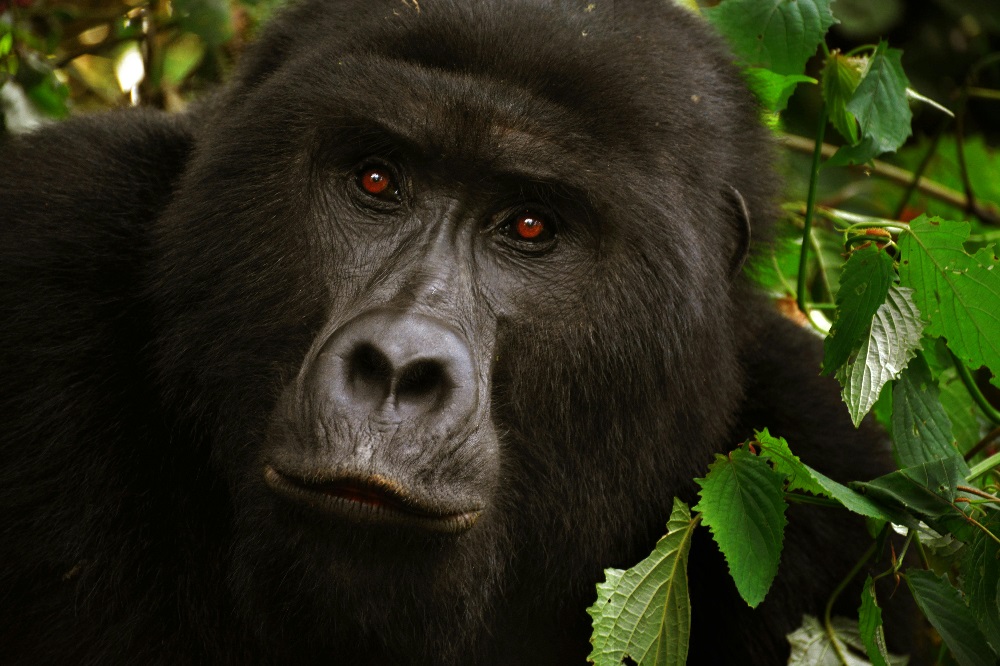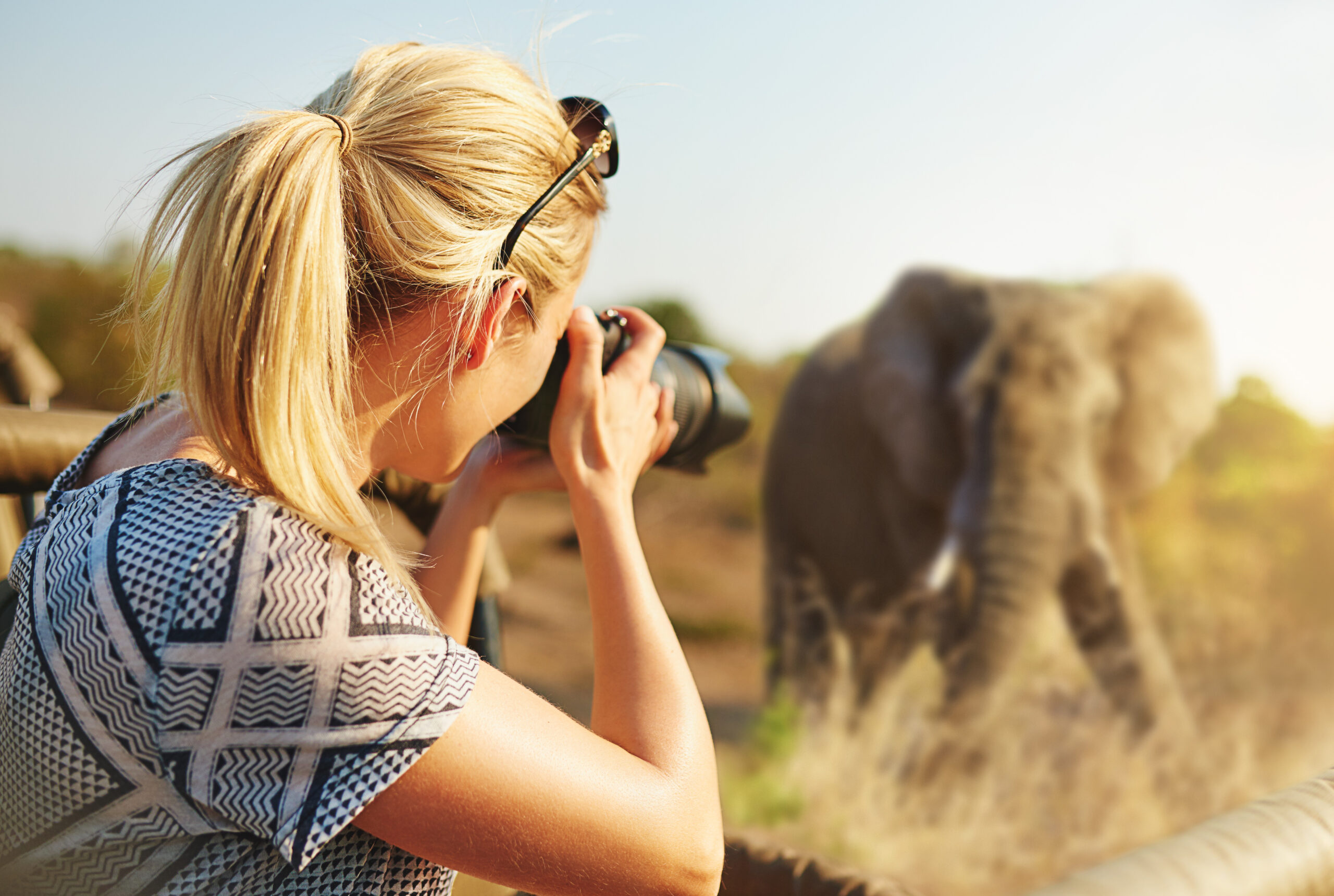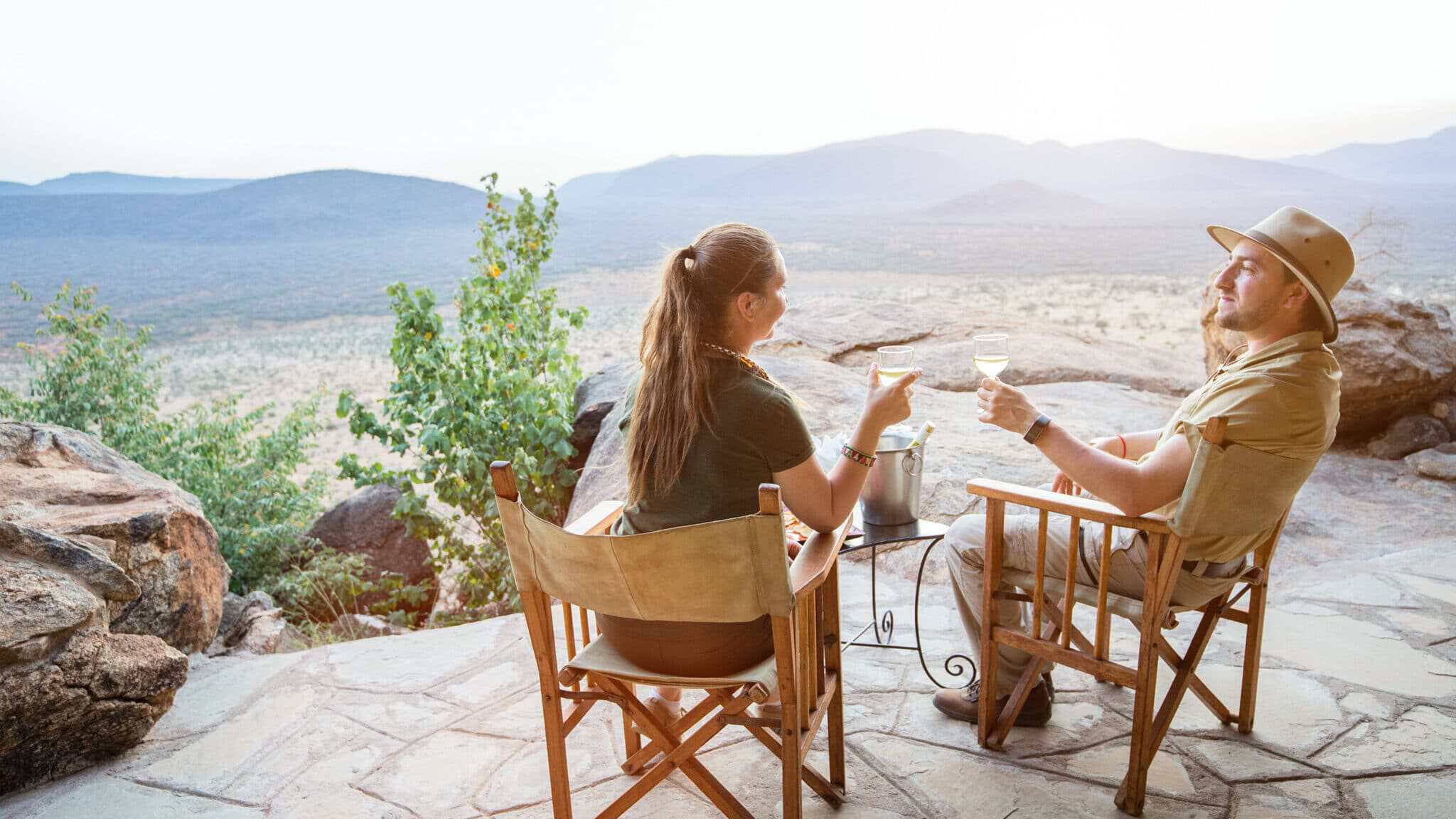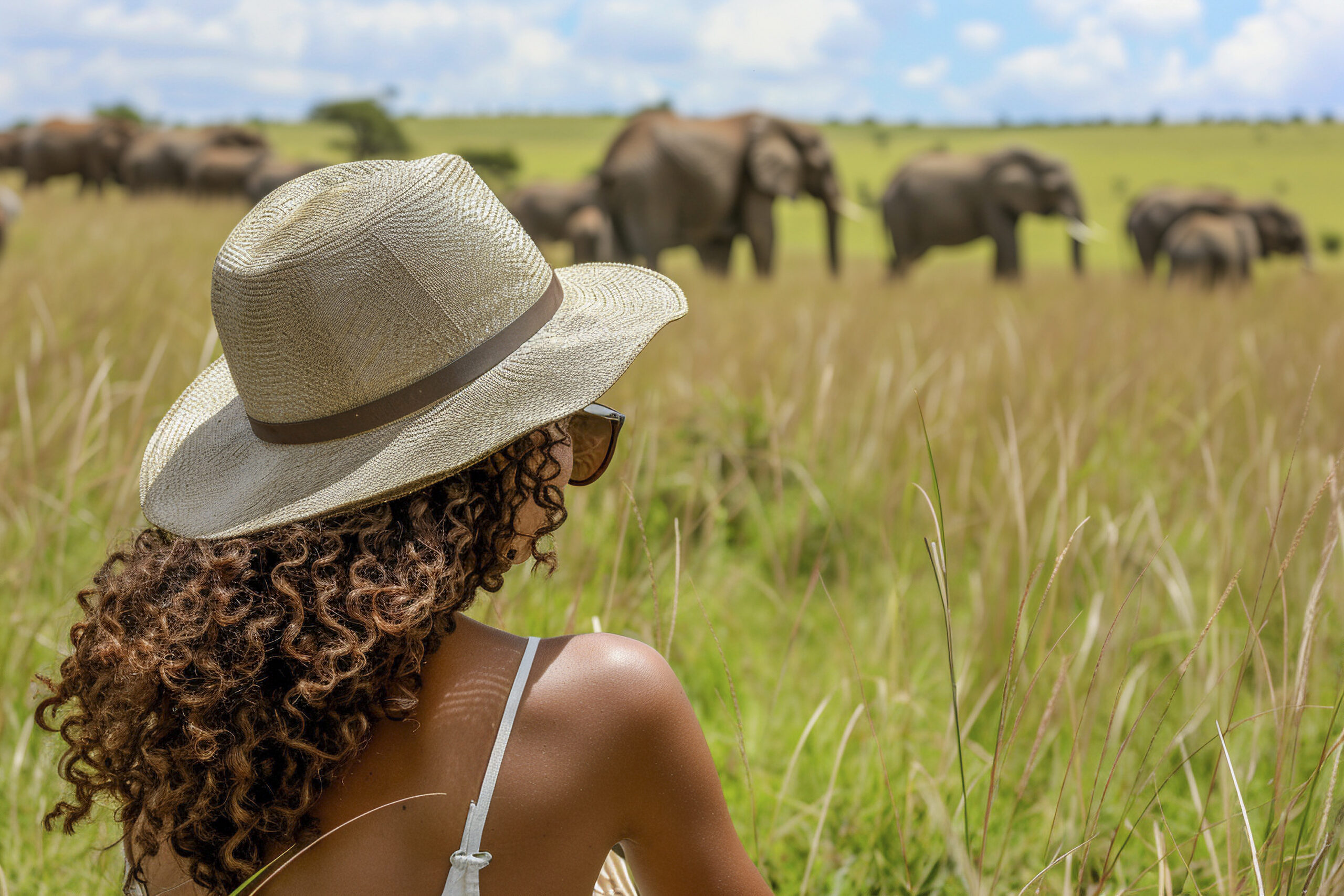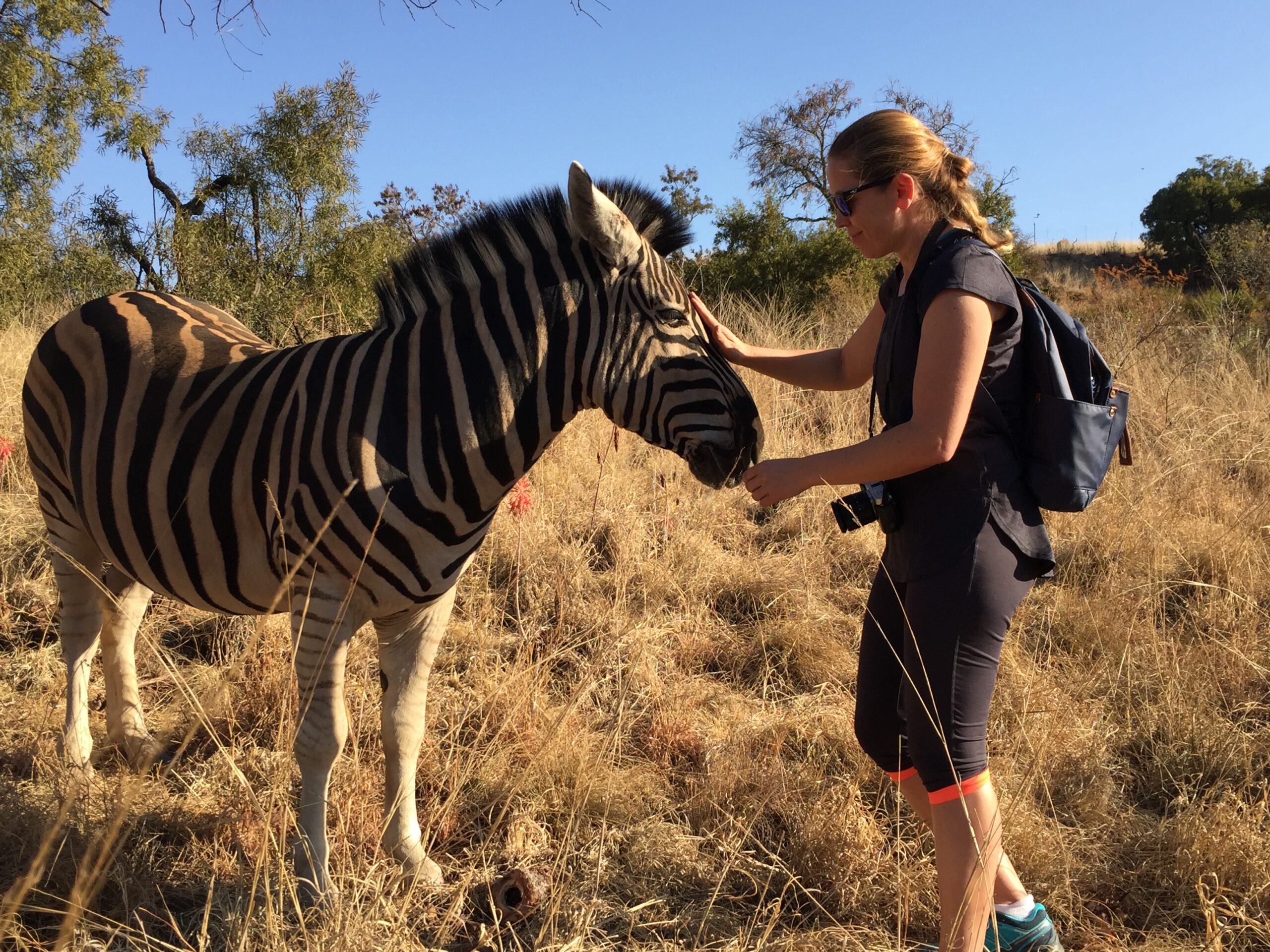Planning an African safari is one of the most exciting adventures anyone can dream of. The thought of seeing elephants, lions, giraffes, and zebras in the wild is something that draws thousands of people to Africa every year. But before you book your trip, one of the biggest questions is: when should you go? The timing of your safari is very important because wildlife behavior, weather, and even prices change depending on the month. The best month to take an African safari depends on what you want to see, which country you are visiting, and how you want to experience the wilderness. Some travelers want to witness the Great Migration in Kenya and Tanzania, while others want to explore South Africa’s Kruger National Park or Botswana’s Okavango Delta. Each place has its own “perfect time,” and understanding this will make your safari more enjoyable and memorable.
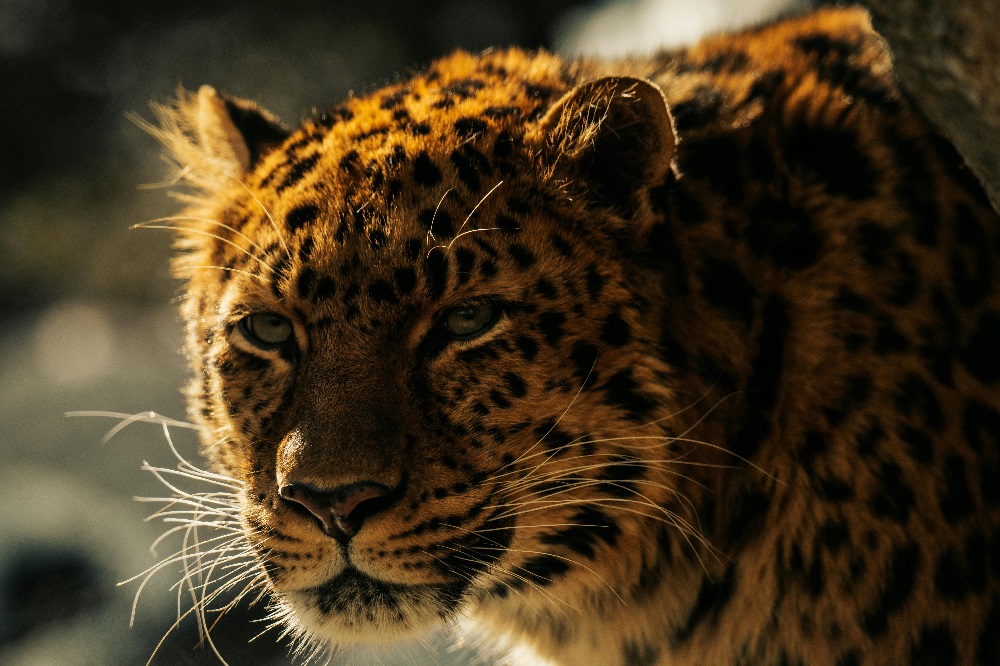
What is the Best Country to Go on an African Safari?
Africa is home to many countries that offer amazing safari experiences, but not all are the same. Kenya and Tanzania are often considered the heart of safari travel. They are famous for wide open plains, big herds of animals, and the incredible Great Migration of wildebeest and zebras that happens every year. Botswana is another top country, known for its luxury camps and the magical Okavango Delta where wildlife roams freely among the waterways. South Africa is also very popular because of Kruger National Park, which is well-developed, safe, and easy to reach for first-time visitors. Uganda and Rwanda are special because they offer gorilla trekking, something you cannot find in most other places. The best country depends on what animals and experiences you want. For example, if you dream of seeing the Big Five in one trip, Kenya or Tanzania is excellent. If you want luxury and peaceful surroundings, Botswana is perfect. If you want variety and easy travel, South Africa is ideal. The beauty of Africa is that each country has its own safari magic.
How Many Days Are Enough for a Safari?
The length of your safari can make a big difference in your overall experience. While some people think a two or three-day safari is enough, most experts suggest at least five to seven days. This gives you enough time to explore different areas, see a variety of animals, and enjoy the beauty of the African wilderness without rushing. If you stay for only two nights, you may see some animals but miss out on the unique behaviors, like hunting scenes or herds migrating across rivers. A week-long safari allows you to travel slowly, visit more than one park, and experience morning and evening game drives when animals are most active. In places like Kenya and Tanzania, many travelers spend ten days or more to combine different parks such as Serengeti, Masai Mara, Amboseli, and Ngorongoro Crater. In South Africa, three to five days in Kruger is usually enough. The number of days you choose depends on your budget and schedule, but longer safaris almost always give a richer experience.
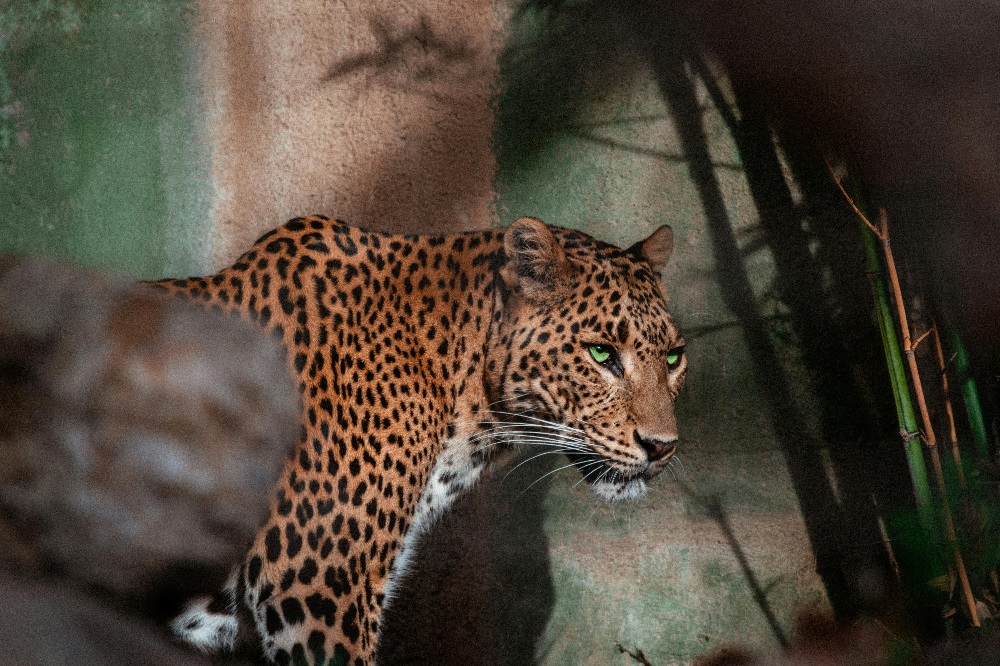
Are African Safaris Worth the Money?
Safaris are often seen as expensive, and many people wonder if they are worth the cost. The answer is yes, because a safari offers something you cannot find anywhere else in the world. Imagine sitting in an open vehicle as a pride of lions walks past, or hearing the sound of elephants trumpeting in the distance. These are life-changing moments that stay with you forever. The money you spend goes not only to your comfort but also to the protection of wildlife and local communities. Safari lodges often employ local people and contribute to conservation programs that protect endangered animals. While safaris may cost more than a regular holiday at the beach, they give you something far more special. It is not just about seeing animals; it is about connecting with nature, learning about different cultures, and supporting conservation efforts. That makes safaris worth every penny.
How Far in Advance Should I Plan an African Safari?
Planning your safari early is very important. Many safari camps and lodges are small, with only a few rooms or tents, and they fill up quickly, especially during peak season. If you want to travel during the Great Migration in Kenya or Tanzania, it is best to book at least 9 to 12 months in advance. For South Africa, six months ahead is usually enough, but the earlier you plan, the better choices you will have for accommodations and prices. Booking early also gives you more time to arrange visas, vaccinations, and flights, which can be tricky. Planning in advance makes sure you get the best locations for wildlife viewing and avoids last-minute stress. Some travelers book two years ahead for very exclusive camps. So, while it may seem too early, advance planning is key to a smooth and unforgettable safari.
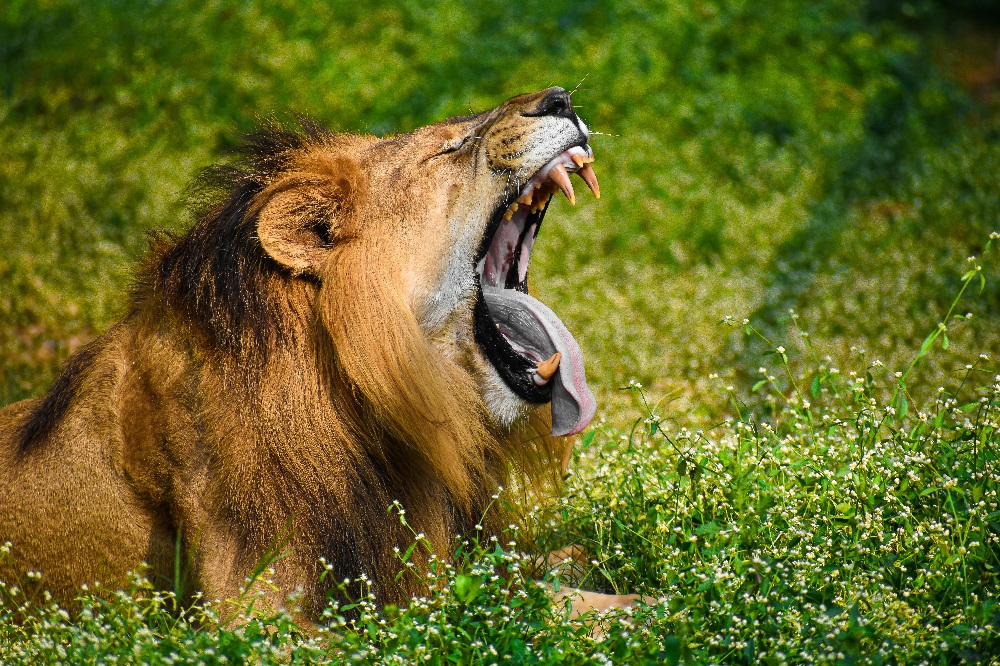
What is the Number One Safari in Africa?
The title of the number one safari in Africa is often given to the Serengeti National Park in Tanzania. This is because the Serengeti is home to one of the most famous wildlife events in the world, the Great Migration. Each year, over a million wildebeest and hundreds of thousands of zebras and gazelles move across the plains in search of fresh grass. Along the way, they face predators like lions, cheetahs, and crocodiles. Witnessing this event is like watching a live movie of nature, full of drama and excitement. The Serengeti is not only about the migration; it is also home to large numbers of big cats and the Big Five. The vast landscapes, endless skies, and rich wildlife make it unforgettable. While other parks like the Masai Mara, Kruger, and Okavango Delta are also incredible, the Serengeti often stands out as the most iconic safari destination in Africa.
Is Kenya or Tanzania Better for Safari?
Choosing between Kenya and Tanzania can be difficult because both countries are amazing for safaris. Kenya’s Masai Mara is famous for its dramatic river crossings during the Great Migration and for being home to the Big Five. It is also easier to access from Nairobi, making it a good choice for shorter trips. Tanzania, on the other hand, has larger parks like the Serengeti and Ngorongoro Crater, which allow for longer and more diverse safari experiences. Tanzania often feels wilder and less crowded, while Kenya has a great mix of wildlife and cultural experiences with the Maasai people. For travelers who want convenience and shorter travel times, Kenya may be better. For those who want a longer, more adventurous safari, Tanzania is ideal. In truth, many travelers choose to visit both countries, as they complement each other beautifully.
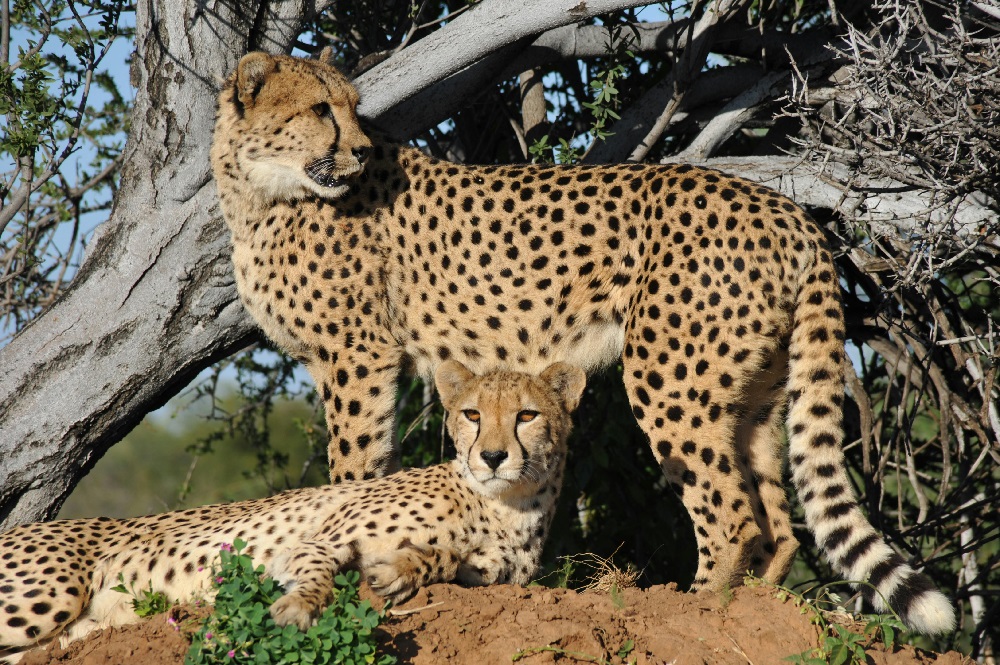
How Long Does it Take to Go Through the African Safari?
The time it takes to go through an African safari depends on the park and the type of safari you choose. A typical game drive lasts three to four hours, either in the morning or late afternoon. In one game drive, you can see many animals, but to truly explore a park, you need several days. For example, to cover the Serengeti or Kruger properly, you may need a week. Some safaris are mobile, where you move from one camp to another, taking days or even weeks to follow wildlife. Others are stationary, where you stay in one lodge and take daily game drives. Walking safaris and boat safaris also add to the time. The beauty of African safaris is that they are flexible. You can choose a short three-day safari to see highlights or spend two weeks exploring different parks and regions.
Which African Safari is Best for Lions?
If lions are at the top of your safari wish list, Kenya’s Masai Mara and Tanzania’s Serengeti are excellent choices. These parks have some of the highest densities of lions in Africa, and you can often see them hunting or resting under trees. The Ngorongoro Crater in Tanzania is also a great place to see lions up close because the animals are concentrated in a smaller area. South Africa’s Kruger National Park also offers reliable lion sightings, and Botswana’s Okavango Delta is known for its wild and dramatic lion behavior, including swimming lions. Lions are called the “king of the jungle” for a reason, and seeing them in the wild is one of the most exciting parts of any safari. These parks give travelers a very high chance of experiencing the thrill of seeing a pride of lions in their natural habitat.
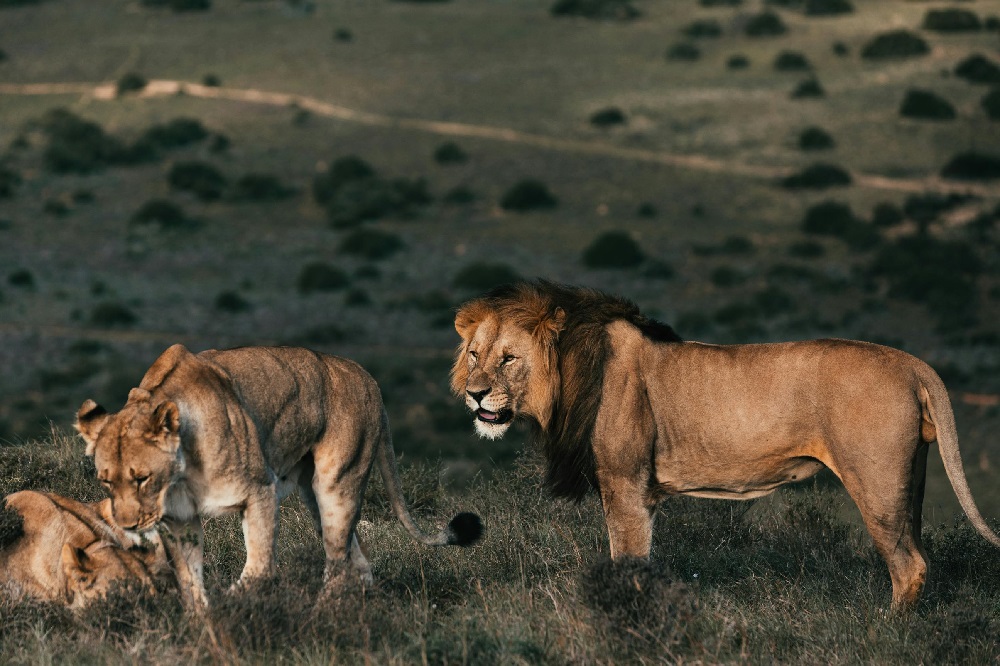
What is the Average Cost to Go on an African Safari?
The cost of an African safari can vary widely depending on the country, season, and level of luxury. A budget safari in Kenya or Tanzania might cost around $200 to $300 per day per person, which includes basic accommodations, meals, and game drives. A mid-range safari can range from $400 to $600 per day, offering better lodges and more comfort. Luxury safaris, especially in Botswana or private conservancies, can cost $1,000 or more per person per day. Flights, visas, park fees, and tips also add to the cost. On average, a 7 to 10-day safari may cost between $3,500 and $7,000 per person. While it may seem expensive, the cost includes almost everything—food, transport, guides, and accommodation. The memories and experiences you gain make the price worthwhile.
Where are the Big 5 in Africa?
The Big Five—lion, leopard, elephant, buffalo, and rhino—are the animals most safari-goers dream of seeing. They are spread across many countries, but some parks give the best chances of spotting them all. Kruger National Park in South Africa is famous for being one of the easiest places to see the Big Five. Kenya’s Masai Mara and Tanzania’s Serengeti and Ngorongoro Crater are also excellent. In Botswana, Chobe National Park is known for elephants, while the Okavango Delta is great for leopards and lions. Namibia’s Etosha National Park offers good chances too, especially for black rhinos. Seeing the Big Five requires patience, but with a good guide and enough time, most travelers can tick all five off their list in one trip.
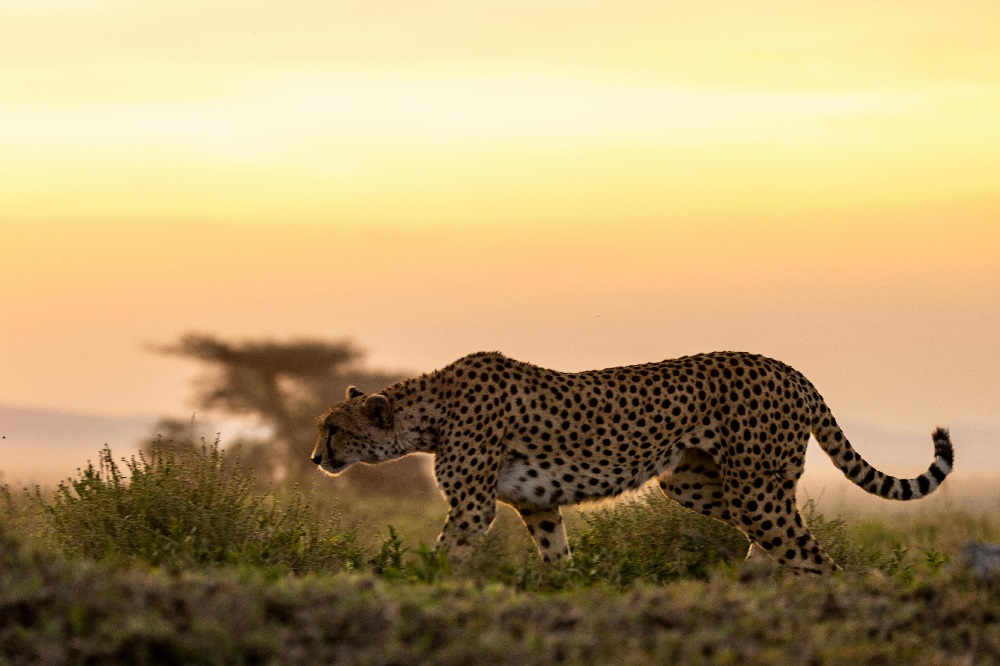
Do I Need Special Vaccinations for Safari?
Health preparation is an important part of safari planning. Some countries require proof of yellow fever vaccination if you are coming from another African country. Vaccinations for hepatitis A, typhoid, and tetanus are also recommended. Malaria is present in many safari areas, so doctors usually prescribe malaria tablets for visitors. In addition to vaccines, it is wise to carry insect repellent, hand sanitizer, and basic medicines. Preparing well ensures you stay healthy and enjoy your safari without worry. It is always best to check with your doctor and the travel health guidelines of the country you are visiting before your trip.
Do I Need a Visa to Travel to Africa?
Whether you need a visa depends on your nationality and the country you plan to visit. Many African countries require tourists to have a visa, which can often be obtained online or on arrival. For example, Kenya, Tanzania, and Uganda require visas for most travelers, but the process is usually simple. South Africa allows visa-free entry for many nationalities, including visitors from the US, UK, and much of Europe. It is important to check the visa rules of each country before you travel to avoid surprises. Applying early also saves time at the airport. Having your visa sorted is an important step in planning your safari smoothly.


